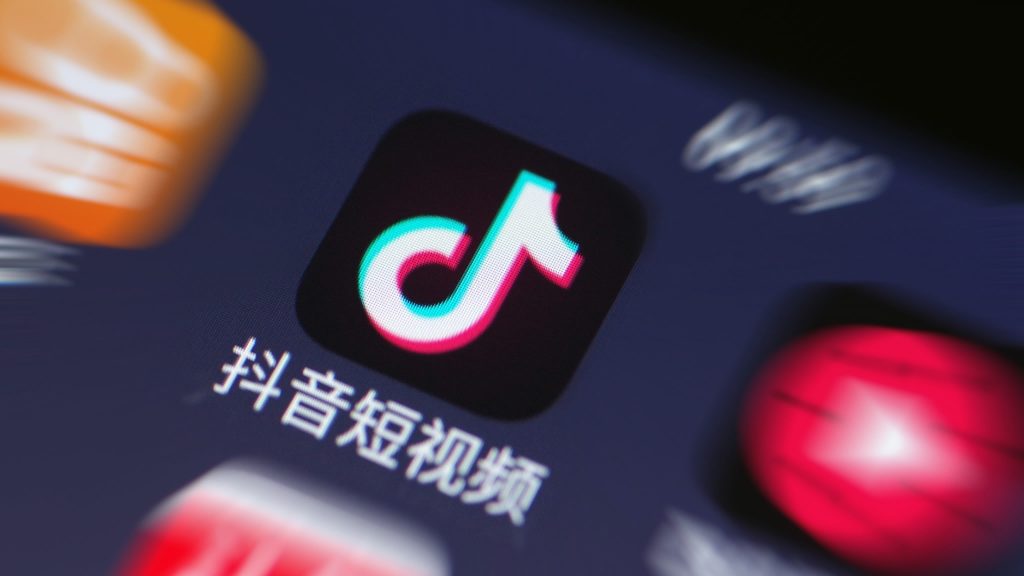Revenue growth for China’s mobile games industry rebounded after government approvals resumed late last year, though the industry has been steadily losing user time spent to short videos, according to recent research.
Why it matters: In addition to competing against one another for user attention, short video platforms such as Douyin and Kuaishou are also competing with apps in other market segments.
Details: Data released yesterday shows that revenue for China’s mobile games industry rose 21.5% year on year during the first half of 2019, recovering from the 12.9% seen the same period a year earlier when authorities froze game approvals for nine months beginning in March. However, H1 2017 figures of nearly 50% point to an ongoing throttling effect. Changes to the game approval process following the licensing hiatus in 2018 dramatically decreased the number of new games hitting the market while competition from short video apps is taking its toll on the segment, the report said.
- The average number of mobile game monthly active players totaled 691 million in H1, growing 70 million from H1 2018.
- Average time spent on mobile games per month per person, however, dropped 5.6% year on year to 18.5 hours from 19.6 hours.
- Total time spent on mobile games has been declining since the beginning of 2018 when it peaked at 12.2%, accounting for only 8.5% of total screen time in June 2019. The percentage of screen time spent on short video platforms, however, has been steadily increasing, reaching 12.2% in June.
- Short video app users are often hardcore or semi-hardcore players of mobile games. According to the report, around 73.3% of multiplayer online battle arena (MOBA) games such as “Honour of Kings” also use short video apps.
Context: China’s top game regulator, the State Administration of Press and Publication (SAPP), resumed its game approval process late last year, ending a nine-month freeze that took a heavy toll on the industry.
- The SAPP updated its approval process in April to limit the number of games that could receive licenses, promising to reject low quality or copycat titles.







